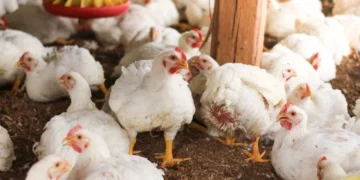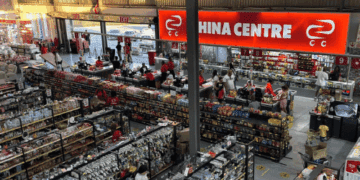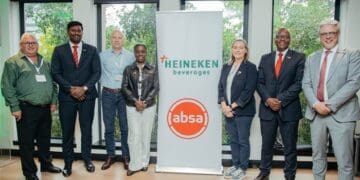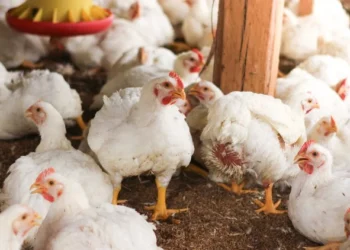Dieketseng Kubheka, who is the founder of McKay Hair and Skin Care, recently missed out on a business opportunity she secured at a trade fair in Turkey due to limited funds to fulfill the order.
The Department of Trade, Industry, and Competition (DTIC) recently announced funding programmes that will include a Support Programme for Industrial Innovation (SPII), which finances product and process development. The Khoebo Innovation Promotion Programme (KIPP), which is also new, supports early-stage commercialisation.
Entrepreneurs like Kubheka stand to benefit from this initiative.
“I am particularly satisfied to have been introduced to the DTIC’s cosmetics sector desk, which supports the local cosmetics industry through various initiatives, including funding, investment attraction and promoting locally produced products,” said Kubheka.
“The funding schemes offer solutions for businesses like mine. In particular, the Support Programme for Industrial Innovation provides financial assistance for innovative products, and I hope it will help me scale production and meet demand,” she said.
“I will be knocking at the DTIC’s door for this opportunity, which promises to open export opportunities for my company,” said Kubheka.
Takalani Ramuthaga, who is the department’s director of innovation and technology programmes, said they aimed to engage with township innovators who could drive economic activity and development.
“Innovation has a direct link to growth, so these entrepreneurs must receive support and guidance,” said Ramuthaga.
She also said that township innovators have immense potential to stimulate local economic growth.
“The number of youth-owned enterprises emerging is encouraging, and it allows the DTIC to provide much-needed guidance on funding opportunities while planting a seed in the minds of those with potential,” Ramuthaga said.
Thokozani Mdluli, who is the founder of Air Engineering, which makes rechargeable refrigerators powered by solar and heat, is keen to access the KIPP fund.
“This is exactly what my product needs,” Mdluli said. “The next step is to work with the DTIC team on the application process.”
He said the fund, which provided capital and business support to small businesses in the early stages of commercialisation, could help him scale.
“These refrigerators are not just products; they are solutions for communities and businesses that struggle with power supply. The KIPP funding could help me move from prototype to full production and make the technology available to more people,” Mdluli said.
Sebokeng Innovation Hub business development officer Bonakele Kunene said it was important for SMEs to comply with them to qualify for the funding programmes and incentives.
“We are available to assist you with your innovative ideas and innovations. Do not struggle alone, the Innovation Hub will support you with your innovations,” said Kunene.
He added that they were committed to assisting innovators in securing the funding.
























































